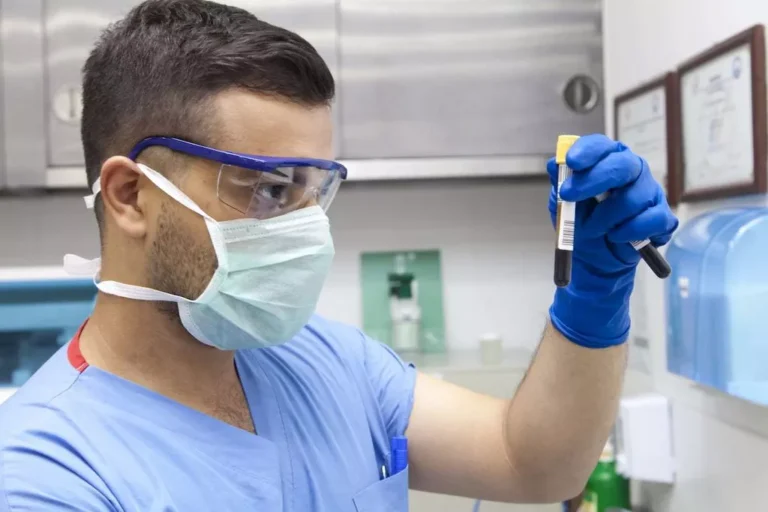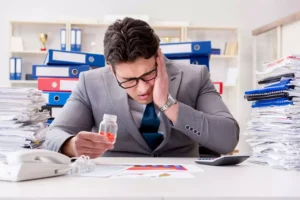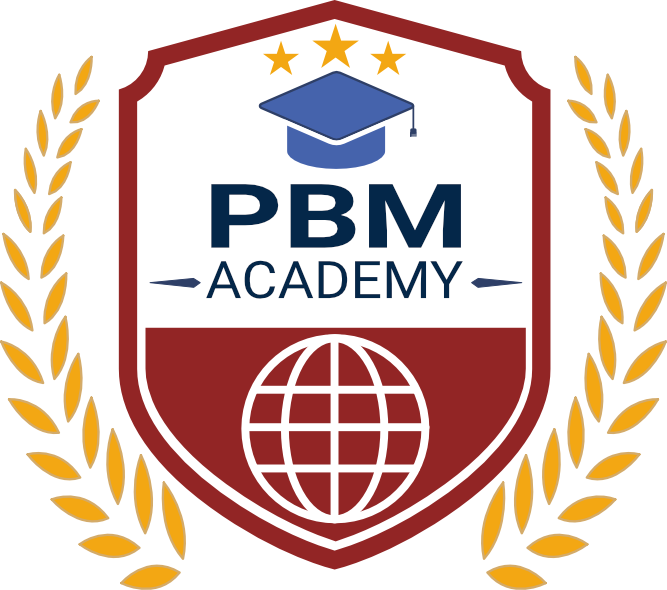
You should not use amphetamine if you are allergic to any stimulant medicine, or if you have used an MAO inhibitor in the past 14 days, such as isocarboxazid, linezolid, methylene blue injection, phenelzine, or tranylcypromine. Amphetamine is a central nervous system Amphetamine Addiction stimulant that affects chemicals in the brain and nerves that contribute to hyperactivity and impulse control. There are no specific antidotes for amphetamine or amphetamine-like compounds. Therefore, treatment should focus on symptom and complication management.

Enhancing Healthcare Team Outcomes

Help from your health care provider, family, friends, support groups or an organized treatment program can help you overcome your drug addiction and stay drug-free. You should only take the amount of amphetamine as prescribed by your healthcare provider. Misusing https://ecosoberhouse.com/ or taking amphetamines that your provider did not prescribe to you can cause dangerous side effects and could lead to addiction or death. If you experience withdrawal symptoms while you’re following your prescribed schedule, talk with your healthcare provider.

For Healthcare Professionals
When David E. Smith, M.D., now age 85, was a shiny new doctor just graduated from UCSF, he launched the first free medical clinic in the United States in San Francisco during the “Summer of Love” (1967). Dave,” Smith’s initial plan was to help some of the tens of thousands of young people flocking to the area for sex, drugs, and rock ‘n’ roll, most with little or no money. Some became ill from using hallucinogens and other drugs, and some developed addictions. Others suffered serious health problems, such as sexually transmitted infections (STIs) and other illnesses. The prevailing attitude of the medical establishment, and the community in general, was these people deserved whatever happened to them. Dr. Dave decided somebody needed to step up to take care of their urgent health care needs, and since nobody else was offering, that person would be him.

What should I do if I miss a dose of amphetamine?
- Nevertheless, studies have indicated that the self-report of drug-related problems is reliable, as long as participation is voluntary and results remain confidential [27].
- There is also a clear pattern of high dosage and daily usage correlating with higher risks of substance-induced psychosis.
- For both the AWQ and ACSA, higher numbers indicate greater withdrawal symptom severity.
- If you take amphetamines and feel you are dependent on the drug, talk with your healthcare provider.
- Other than raw data (e.g. death), the outcomes derived from only valid scales were included in the reviews.
- Abuse, Misuse, and AddictionAmphetamine has a high potential for abuse and misuse, which can lead to the development of a substance use disorder, including addiction.
- The prevailing attitude of the medical establishment, and the community in general, was these people deserved whatever happened to them.
Mirtazapine was no more effective than placebo in terms of discontinuation rate, improvements on global state, and reduction in withdrawal symptoms based on the results of one study (Cruickshank 2008). All randomised controlled and clinical trials evaluating pharmacological and or psychosocial treatments (alone or combined) for people with amphetamine withdrawal symptoms. To assess the effectiveness of pharmacological alone or in combination with psychosocial treatment for amphetamine withdrawals on discontinuation rates, global state, withdrawal symptoms, craving, and other outcomes. Few studies examined treatments for amphetamine withdrawal, although it is a common problem among amphetamine users. Its symptoms, in particular intense craving, may be a critical factor leading to relapse to amphetamine use. In clinical practice, medications for cocaine withdrawal are commonly used to manage amphetamine withdrawal although the pharmacodynamic and pharmacokinetic properties of these two illicit substances are different.
- An electrocardiogram, chest x-ray, and troponin test are necessary to assess the presence of coronary ischemia, including myocardial infarction and aortic dissection.
- Similarly to hypertension, hyperthermia may abate with the treatment of agitation.
- Amphetamines are controlled substances in the USA with the C-II designation.
- To diagnose amphetamine toxicity, other toxicities need to be explored, including toxicities to cocaine, methylxanthine, phencyclidine, and other sympathomimetics.
- Hyperthermia often requires close monitoring and pharmacotherapy appropriate to an intensive care setting.
People who habitually use amphetamines rapidly develop tolerance as part of dependence. The amount ultimately used may be more than several times the original dose. Most people using very high doses over several days or weeks become confused and psychotic because amphetamines can cause severe anxiety, paranoia, and a distorted sense of reality. Drug use can have significant and damaging short-term and long-term effects. Taking some drugs can be particularly risky, especially if you take high doses or combine them with other drugs or alcohol. Examples include methylenedioxymethamphetamine, also called MDMA, ecstasy or molly, and gamma-hydroxybutyric acid, known as GHB.
Signs of a Behavioral Addiction

Nasal insufflation leads to a peak serum concentration in 5 to 10 minutes, and smoking leads to peak serum concentrations within 5 minutes. Methamphetamine is more lipophilic than amphetamine and is less prone to metabolism by monoamine oxidase. Methamphetamine is hepatically metabolized and renally eliminated, similarly to amphetamine.
Why it is important to do this review
Drug addiction, also called substance use disorder, is a disease that affects a person’s brain and behavior and leads to an inability to control the use of a legal or illegal drug or medicine. Substances such as alcohol, marijuana and nicotine also are considered drugs. When you’re addicted, you may continue using the drug despite the harm it causes.
